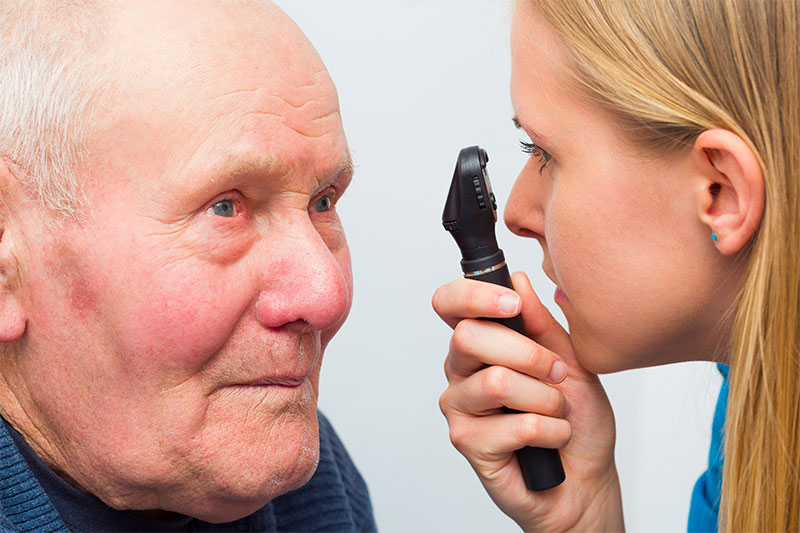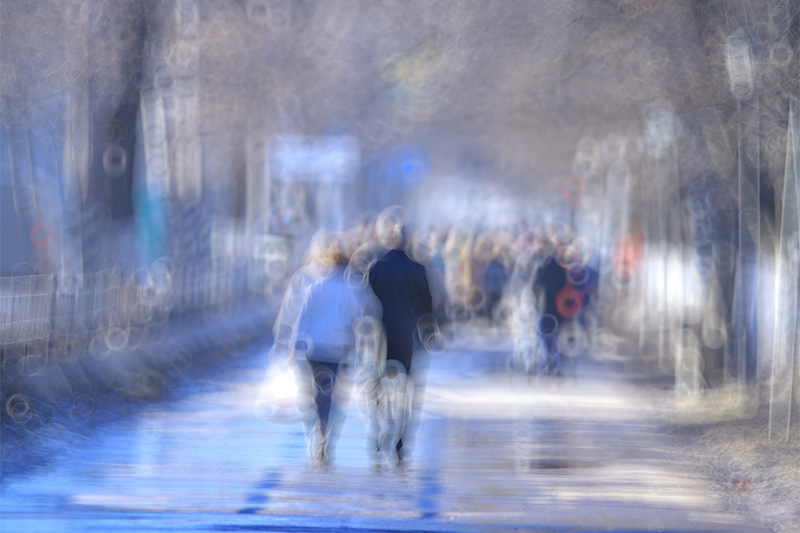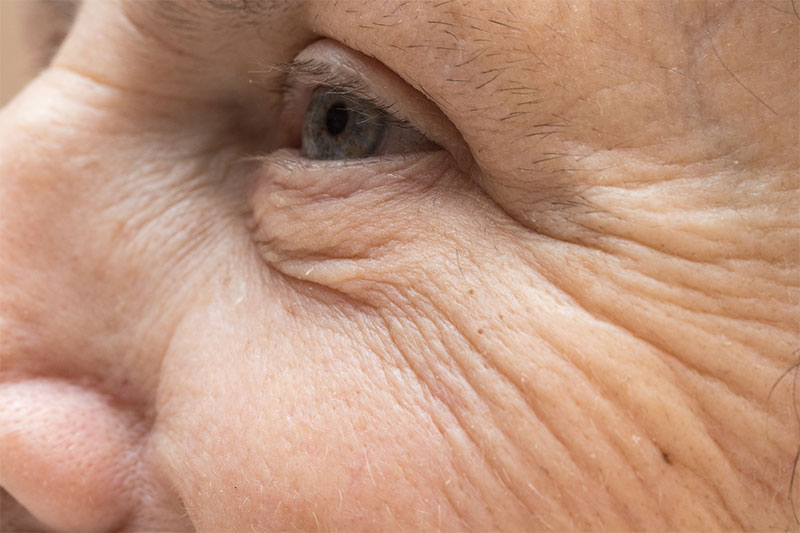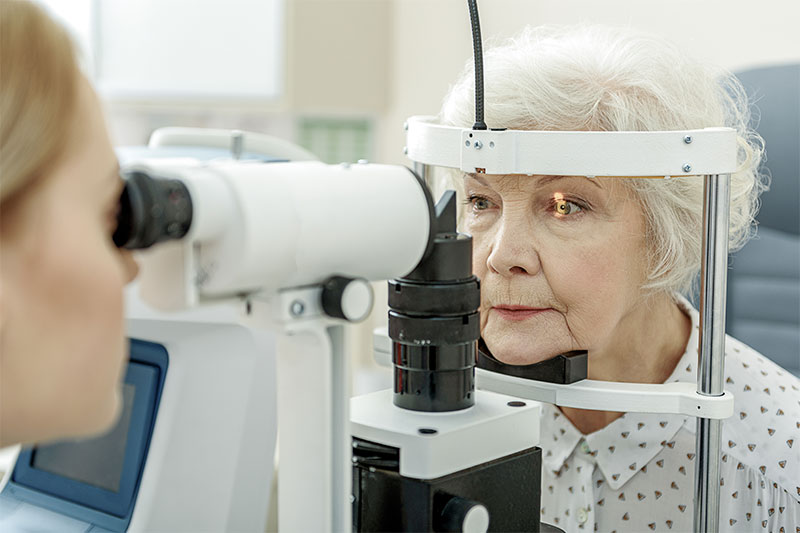You have heard about cataracts and that it eventually can happen as you get older, and you may not know what their cause happens to be. Cataracts do happen with age, but there are some times when it can develop later in life. Your eyeball features a lens as it is a disc in your eye that is transparent. Over time, that lens in your eye develops cloudy patches due to age or it can be other health-related issues that usually result in those patches forming with age.

During your youth, your lenses were no different from glass being completely clear without having any type of staining or hindrance. However, as you age, those patches begin forming and you will start noticing that is the case due to the fact that there are changes happening in your vision. What kind of changes in your vision would you start experiencing if you are developing cataracts? Let’s find out now.
Your Vision Is Clouded

It is not a surprise that you would have clouded vision when there are patches developing on your lenses. You may see things that are misty and blurry. It is very possible that eyesight alone does change as well and eyesight does change as you age regardless. But if you are noticing anything that is misty around you, or things appear clouded then it is more than the simple case of your vision going through expected changes as you age. That is an early sign of cataracts.
You Have Night Blindness

Don’t get confused between legal blindness and night blindness. You still have vision, even at night. However, everything around you appears much darker than it is, and even lights in dark settings are more difficult to see. The same applies if you go to a dark room in general, you will see it as darker than it really is. If you are suddenly struggling to see at night and you need to grab a flashlight to see where you are going – this can be a sign of age-related cataracts.
You See Halos Around Lights

If you see bright circles or halos around light sources such as street lights at night, that can be normal. But if you are seeing halos around ordinary lights in ordinary settings, that is not normal and that can be a sign of cataracts. Especially if you also have night blindness and cloudy or misty vision on top of that.
Hard Time Reading Small Print

While this is a symptom of cataracts, it could be easy to mix up with a general deterioration of your eyesight. However, if reading small or fine print suddenly becomes a difficult task when it used to be normal, this could be a sign of a cataract. This happens when the proteins in the eye lens begin to clump together, making the smaller print difficult to see in the eye’s refractive mirror. Many people with cataracts explain this impairment of sight as trying to read while having a film in front of their eyes.
You Have Light Sensitivity

If you are developing a sensitivity to light or glare, then that can be a sign that you have age-related cataracts. Especially if you never had a history with those sensitivities or any type of sensory issue growing up. When it appears suddenly, that is never a good sign.
You may also need to be around extra light if you are reading or doing other activities, or you may be running to your eye doctor often to look for getting changes in prescriptions. If you are dealing with any of these symptoms, even if it is just one symptom but it is constant, then your lenses are clouding over.
Once the lens begins to cloud, it only affects a small area of the lens. Therefore, you may not even notice any symptoms at all. That is until you develop more patches in a lens. At that point, the cataract is growing and eventually, if it is not taken care of, it can result in permanent blindness.
Therefore, if you suspect you are developing cataracts, you need to see your eye doctor right away so you can have an examination.
What Can Be Done For Cataracts?

The only way to remove cataracts is to have cataract surgery. However, that is not something you want to jump into. The best thing to do to delay it further and live with the symptoms you have at the moment is to adopt a healthy lifestyle. Eat foods with beta-carotene that will help with your eyesight as many yellow or orange fruits and vegetables have it. Stop smoking if you smoke, and get plenty of exercises to bring down your blood pressure. Limit your night driving, and read with a magnifying glass if you must.
Having cataracts does not mean that you will go blind if you are able to change your lifestyle for the better. However, if your cataracts are worsening with time, even with the changes made, then surgery will be your only option.


